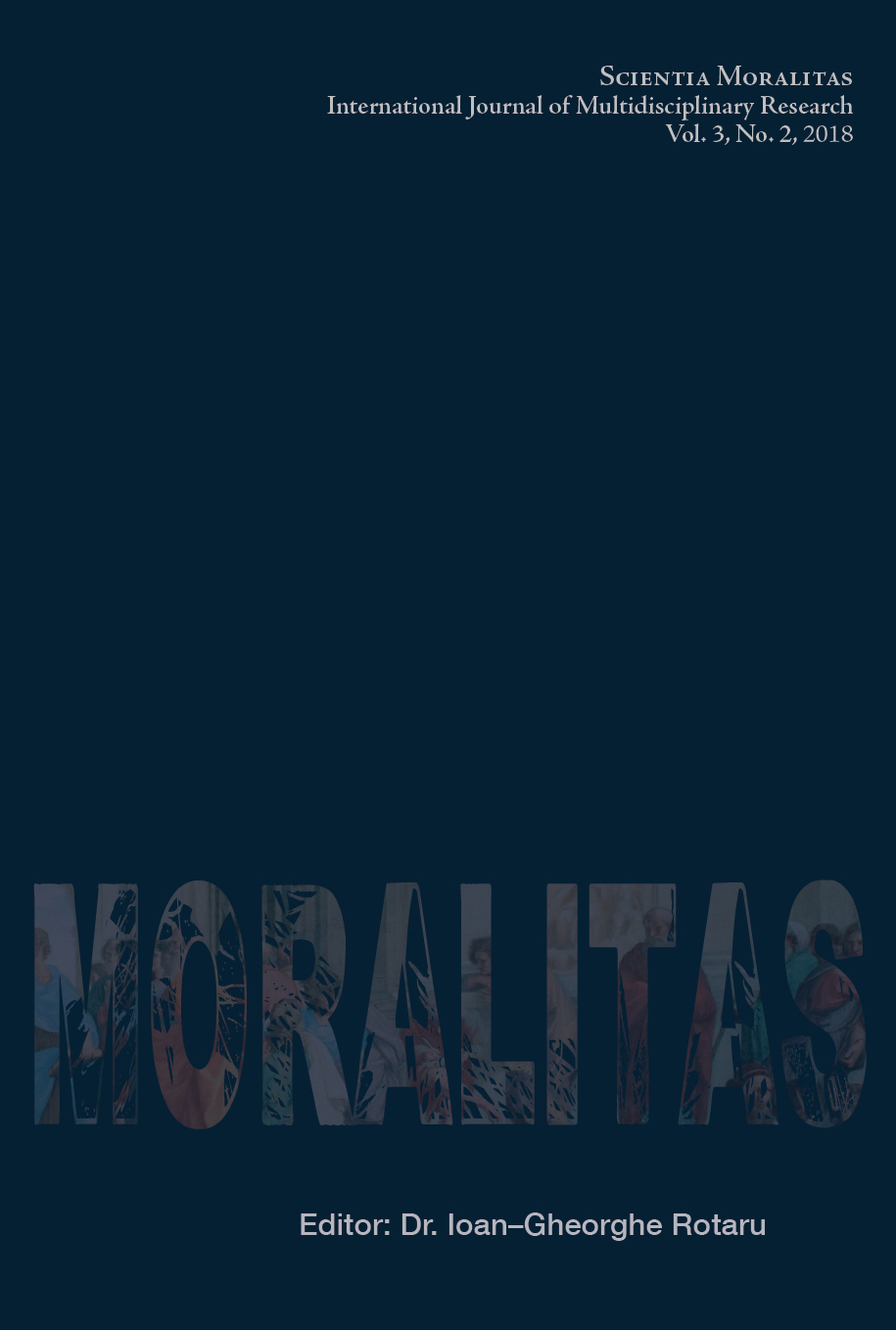The Concept of State and Law in Seneca’s Work and Their Implications in the Development of Human Society
The Concept of State and Law in Seneca’s Work and Their Implications in the Development of Human Society
Author(s): Ion–Lucian RăcilăSubject(s): Philosophical Traditions
Published by: Scientia Moralitas Research Institute
Keywords: Seneca; morality; state; law; Christianity; psychoanalysis; virtues
Summary/Abstract: The philosopher, and especially the artist, thanks to the expressive force of his writing, Seneca was one of the great masters of the European cultural tradition that inspired Petrarca and Calderon, Shakespeare and Corneille, Rousseau, who owes the very idea of confession. Seneca’s philosophical, political and legal conception is a true key to the correct understanding of the evolution of natural law in the legal and supreme concept of understanding the „true reason” of the wise man of virtues. It analyzes the development of human rights that arise from the rights of the individual and of nature (the one that brings social harmony, emotional and psychological balance to the wise man), which will influence the society from antiquity until nowadays. There is a clear resemblance between the precepts of the Stoic philosopher and the precepts Christian religion. Consult not only by philosophers, but also by the Fathers of the Christian Church or by many Christian moralists his ideas made him.
Journal: SCIENTIA MORALITAS - International Journal of Multidisciplinary Research
- Issue Year: 3/2018
- Issue No: 2
- Page Range: 1-28
- Page Count: 28
- Language: English

